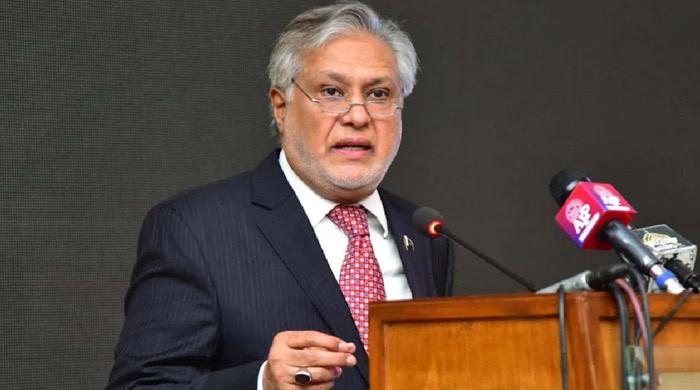Ishaq Dar to Attend SCO Council of Foreign Ministers Meeting in China
Deputy Prime Minister and Foreign Minister Ishaq Dar is scheduled to visit Tianjin, China, commencing tomorrow. He will be participating in the Shanghai Cooperation Organisation’s (SCO) Council of Foreign Ministers meeting, which will span from July 14-16, 2025.
According to a statement released by the Foreign Office, the assembly will include the foreign ministers representing all SCO member states. These nations include Pakistan, China, Belarus, India, Iran, Kazakhstan, Kyrgyzstan, Russia, Tajikistan, and Uzbekistan.
It is noteworthy that the foreign minister of Belarus will be present at the CFM as a full member of the organization for the first time.
The CFM holds the distinction of being the third most significant forum within the SCO framework. Its primary focus revolves around addressing matters pertaining to international relations, along with foreign and security policies.
Furthermore, the forum is responsible for endorsing documents, encompassing declarations and statements, that are intended for review by the Council of Heads of State (CHS), in addition to decisions awaiting adoption by the CHS.
The forthcoming CHS summit is scheduled to occur from August 31 to September 1, 2025, in Tianjin, China.
On the sidelines of the CFM meeting, DPM Dar is also expected to engage in bilateral discussions with his counterparts.
This event marks the second instance where high-ranking officials from Pakistan and India will be in attendance at the same SCO event, amidst escalating tensions stemming from the armed conflict between the two nuclear-armed nations in May.
In June, Defence Minister Khawaja Asif stated that his Indian counterpart, Rajnath Singh, declined to endorse the joint document during a high-level SCO gathering in China. This refusal allegedly stemmed from being denied a second opportunity to speak.
Asif recounted during a television program that the Indian representative spoke either second or third, adhering to alphabetical order.
The minister stated that during his turn to speak, he brought up the Jaffar Express attack and the case of Kulbhushan Jadhav.
Conversely, the Indian defence minister asked the conference chairman – China – to allow him to speak again. However, adhering to protocol, the Chinese defence minister turned down India’s request.
Reportedly, India, dissatisfied with the rejection of its request, chose not to sign the joint declaration, even though it had been agreed upon by all other participants.
According to reports, India’s refusal to sign the SCO document was due to its inclusion of references to terrorist activities in Balochistan and the omission of any mention of the Pahalgam incident, in which numerous tourists were killed in Indian Illegally Occupied Jammu and Kashmir (IIOJK).
India has attributed blame to Pakistan for the aforementioned attack. However, Islamabad has refuted these allegations.



Comments (0)
No comments yet. Be the first to comment!
Leave a Comment